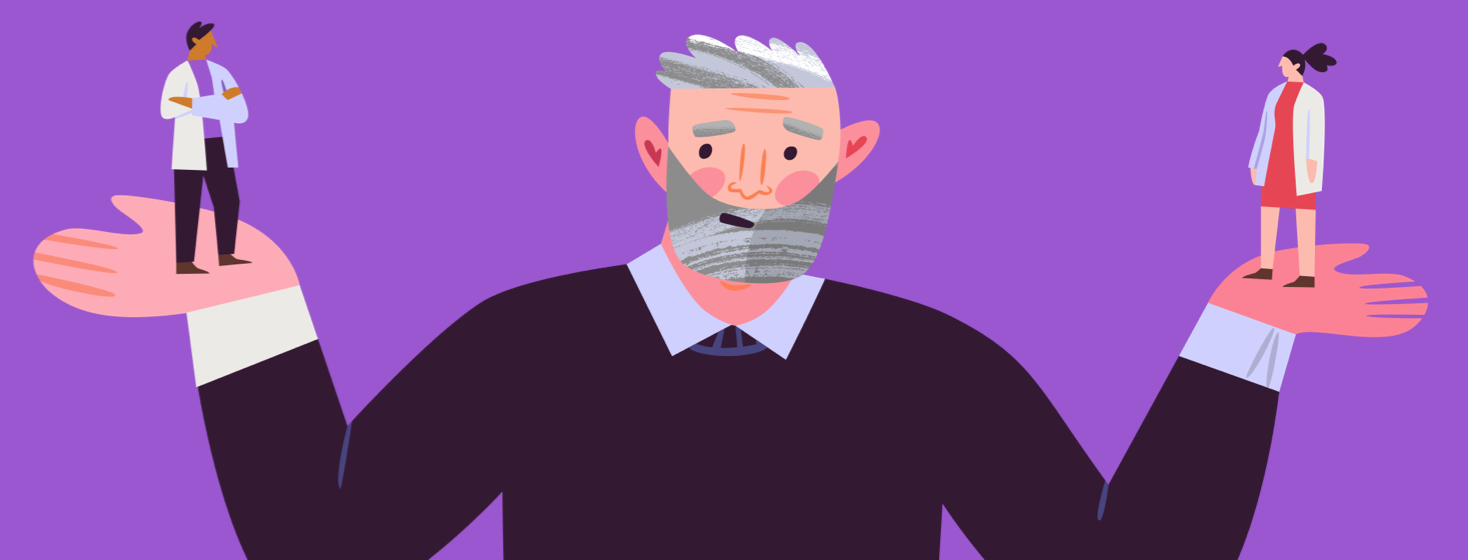When To Consider A 2nd Opinion (Part 1)
Author’s Note:I have written about second opinions previously, but the issue continues to arise in my lung cancer circle of friends. The topic is so important, I am compelled to revisit it.
There are some people who don't like their oncologist or the original doctor who gave them their prognosis or treatment plan. Maybe they simply don't like the doctor’s bedside manner. There are others who are timid about changing doctors because their doctors are so “nice” and they don’t want to hurt their feelings.
Everyone should get a second opinion
Oftentimes, it’s the loved ones of the patient who are advocating for a different facility or doctor. There also are insurance issues to consider.
I admit it can be awkward - at best - changing doctors or treatment facilities.
Regardless, I believe everyone who gets a lung cancer diagnosis needs to get a second opinion. Everyone.
Why should you get a second opinion?
If the original doctor is upset with you getting a second opinion, that is very telling. Why would they be insecure or upset about you getting a second opinion? If their opinion is sound, it will be confirmed. If not, you will be presented with a different opinion about your prognosis and potentially a different treatment plan.
Most insurance companies will cover second opinions. In fact, they encourage it. If you were originally diagnosed at a regional cancer center, you may want to consider going to a teaching university or comprehensive cancer center for your second opinion - or vice versa. However, it is important to get your second opinion from someone who is not a colleague of your original doctor. They are not likely going to give an opinion different from their colleague. That is simply human nature.
How to get a second opinion
If you don't have a teaching facility within driving distance, don’t rule out traveling to get a second opinion. It may be possible to work with both your local doctor and the major cancer center/teaching university. (So also, do not burn bridges with your original doctor - unless you know without a doubt that you do not want to work with him/her.)
Oftentimes how it works is you get a second opinion at the teaching facility where they develop a customized treatment plan for you. You take that plan back to your local facility where they collaborate with the teaching center, and both provide you with excellent care. You can still work with your local cancer center if you are comfortable doing so.
That is a common practice. Occasionally, yes, you will need to go back to the teaching center. But most of the treatment can probably be handled in your community. I know many people on clinical trials who do that - especially post COVID - where telehealth has become commonplace.

Join the conversation